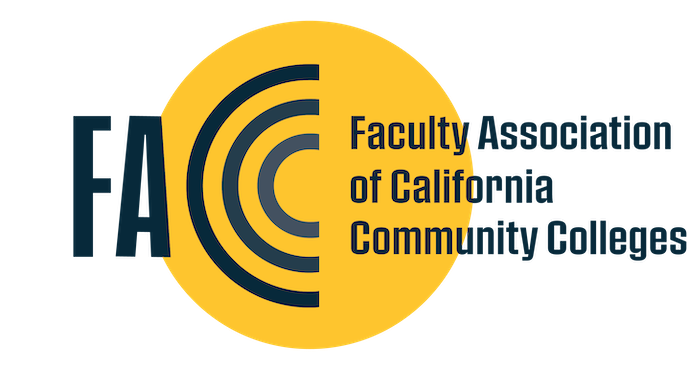DEI (Diversity, Equity, and Inclusion) appears to be trending in professional development agendas these days. In fact, just today I saw an announcement at my college for a DEI item as the flex day professional development theme in January. I should be thrilled with the announcement, but I am not. The intended content of the ‘E’ is ambiguous. I am pretty sure it skirts faculty equity. Same for the ‘I’ in a two-tier faculty structure which several of my part-time colleagues describe as a caste system -- embedded and normalized by administrators and many tenured instructors in our colleges, beginning in the 1980s.
But the way I see it, sociologically speaking, the caste-like two-tier faculty structure was constructed and, in true DEI spirit, should be deconstructed and replaced with an equitable single-tier faculty structure. I am one of many in higher education who see equity and inclusion for faculty as key to the restoration of professionalism, fairness, and integrity in our colleges. The administrative de-professionalizing of faculty into the caste-like two-tier structure has produced the crisis of inequality in faculty that endangers the faculty shared-governance role while enhancing administrative rule and shortchanging our students.
